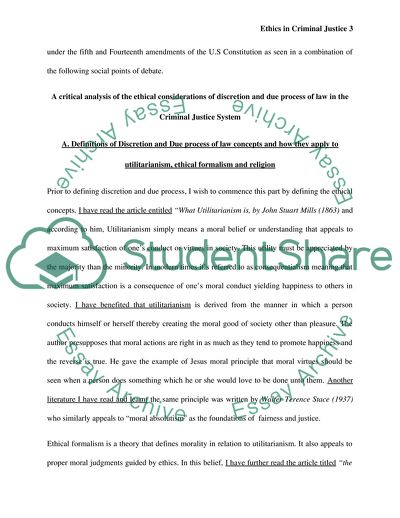Cite this document
(Ethics in Criminal Justice Research Paper Example | Topics and Well Written Essays - 3250 words, n.d.)
Ethics in Criminal Justice Research Paper Example | Topics and Well Written Essays - 3250 words. https://studentshare.org/ethics/1797468-question-for-ethics-class-in-criminal-justice
Ethics in Criminal Justice Research Paper Example | Topics and Well Written Essays - 3250 words. https://studentshare.org/ethics/1797468-question-for-ethics-class-in-criminal-justice
(Ethics in Criminal Justice Research Paper Example | Topics and Well Written Essays - 3250 Words)
Ethics in Criminal Justice Research Paper Example | Topics and Well Written Essays - 3250 Words. https://studentshare.org/ethics/1797468-question-for-ethics-class-in-criminal-justice.
Ethics in Criminal Justice Research Paper Example | Topics and Well Written Essays - 3250 Words. https://studentshare.org/ethics/1797468-question-for-ethics-class-in-criminal-justice.
“Ethics in Criminal Justice Research Paper Example | Topics and Well Written Essays - 3250 Words”. https://studentshare.org/ethics/1797468-question-for-ethics-class-in-criminal-justice.


